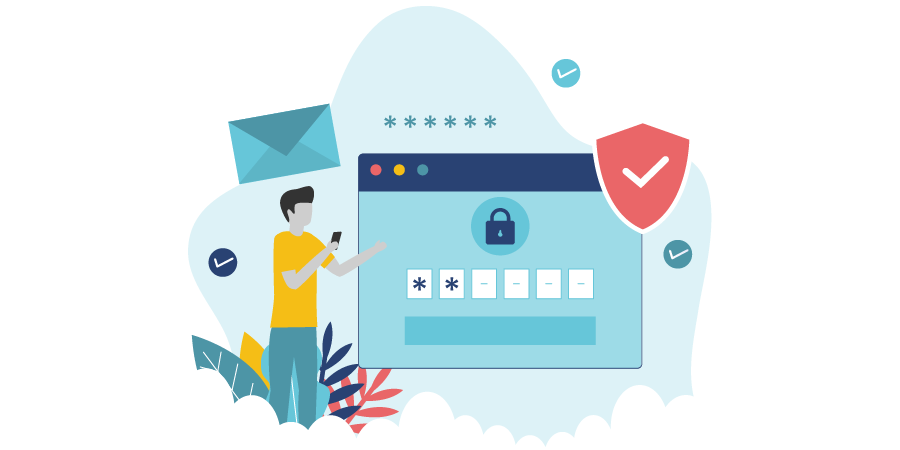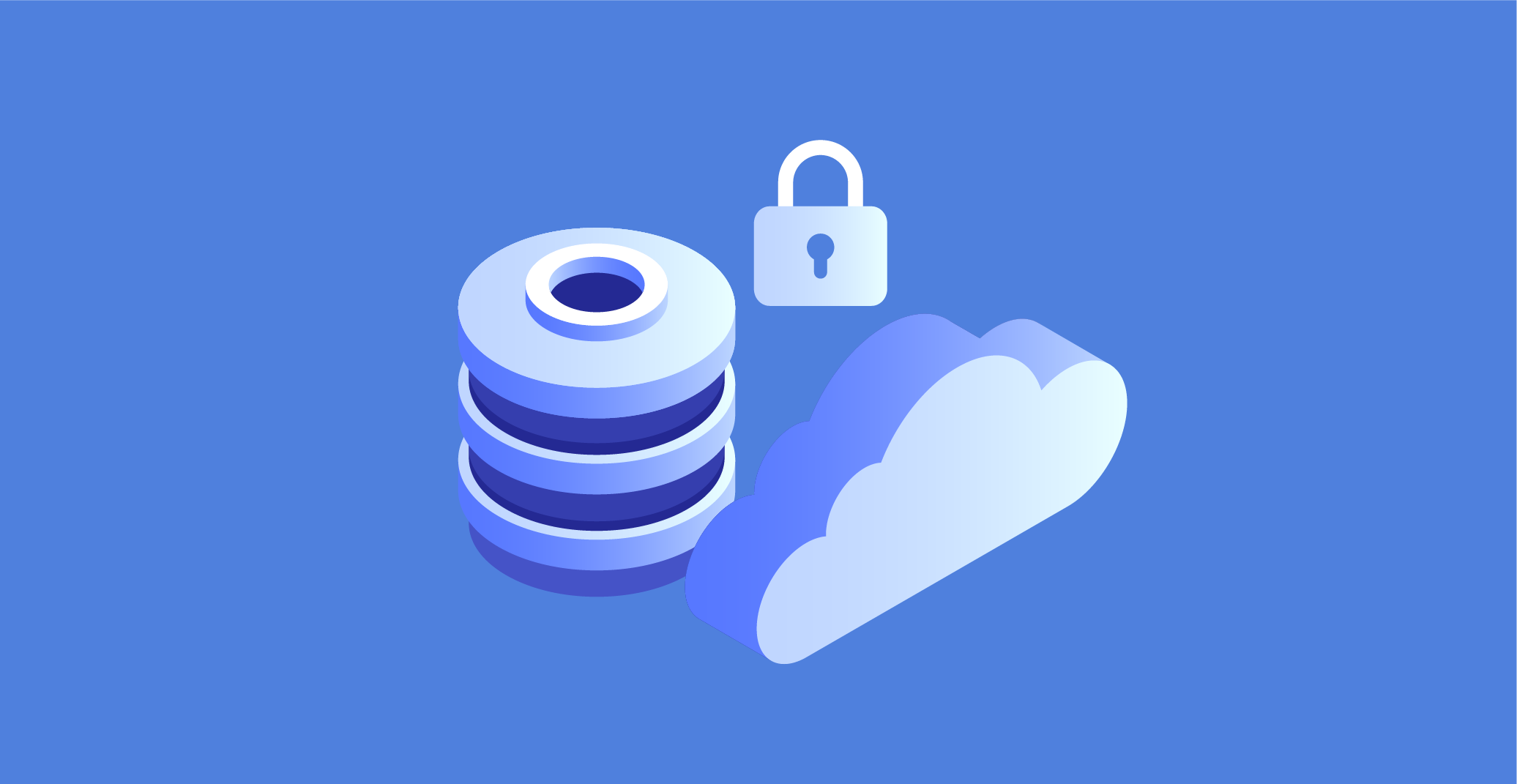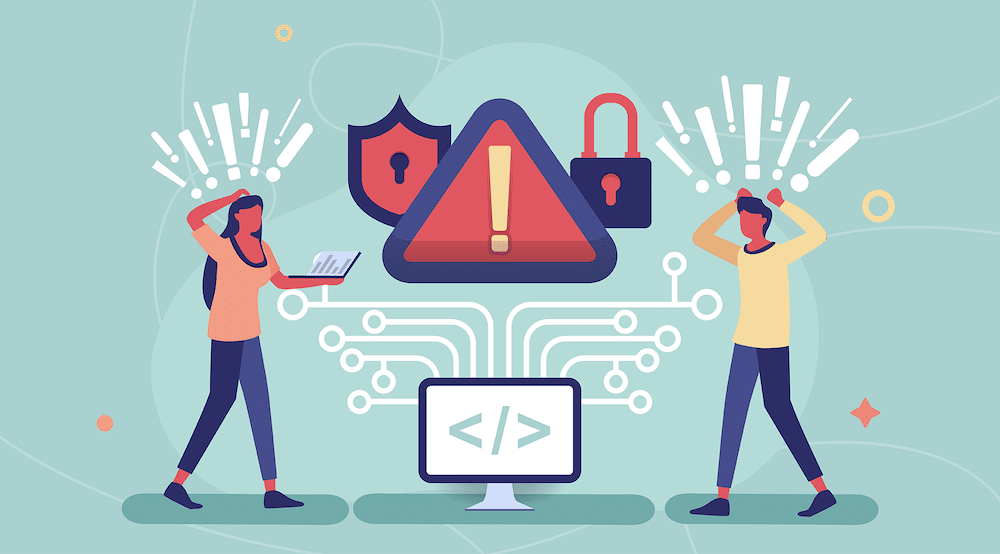




In today’s digital world, cybersecurity has become a crucial aspect for all businesses. From small to large businesses, every organization needs to have strong cybersecurity measures in place to protect their sensitive data from cybercriminals. However, many businesses make common cybersecurity mistakes that can put their data at risk. In this article, we will discuss the five most common cybersecurity mistakes that businesses make and how to avoid them.
Cybersecurity threats are constantly evolving, and businesses need to stay updated on the latest security trends to avoid falling victim to cyber-attacks. However, many businesses make common mistakes that leave them vulnerable to these threats. In this article, we will discuss the five most common cybersecurity mistakes that businesses make and how to avoid them.

One of the most common cybersecurity mistakes that businesses make is failing to keep their software up to date. Many businesses use outdated software that contains known security vulnerabilities that hackers can exploit. Hackers are always on the lookout for vulnerabilities to exploit, and if businesses do not update their software regularly, they are at risk of falling victim to cyber-attacks.
To avoid this mistake, businesses should ensure that all software and applications are up to date. They should also set up automatic software updates to ensure that their systems are always running the latest version.

Weak passwords are another common cybersecurity mistake that businesses make. Many employees use weak passwords that are easy to guess, such as “password” or “123456”. These passwords can be easily cracked by hackers, giving them access to sensitive data.
To avoid this mistake, businesses should encourage their employees to use strong passwords that are difficult to guess. They should also implement two-factor authentication, which adds an extra layer of security by requiring users to provide two forms of identification to access sensitive data.

Many cybersecurity breaches occur due to human error. Employees can accidentally click on a malicious link or download a file containing malware, putting the entire organization at risk. Insufficient employee training is another common cybersecurity mistake that businesses make.
To avoid this mistake, businesses should provide regular cybersecurity training to their employees. This training should cover topics such as identifying phishing emails, using strong passwords, and avoiding suspicious websites.

Many businesses fail to encrypt their sensitive data, leaving them vulnerable to cyber-attacks. Encryption is the process of converting data into a code that can only be deciphered with a key, making it difficult for hackers to access sensitive data. Additionally, many businesses fail to back up their data, leaving them vulnerable to data loss in the event of a cyber attack.
To avoid this mistake, businesses should encrypt all sensitive data and regularly back up their data to a secure location.

Many businesses rely on third-party vendors to provide services such as cloud storage or payment processing. However, these third-party vendors can also pose a security risk if they do not have adequate security measures in place. If a third-party vendor is breached, it can expose sensitive data belonging to the business, putting them at risk of cyber attacks.
To avoid this mistake, businesses should carefully vet third-party vendors before working with them. They should ensure that the vendor has adequate security measures in place and that they follow industry best practices for cybersecurity. Businesses should also include security requirements in their contracts with third-party vendors and regularly monitor their security practices.
Cybersecurity is an essential aspect of running a business in today’s digital world. However, many businesses make common mistakes that can put their data at risk. By avoiding these mistakes and implementing strong cybersecurity measures, businesses can protect their sensitive data from cyber-attacks.
To summarize, businesses should regularly update their software, use strong passwords and two-factor authentication, provide regular employee training on cybersecurity, encrypt and backup their data, and carefully vet third-party vendors before working with them. By following these best practices, businesses can minimize their risk of falling victim to cyber-attacks and protect their sensitive data.
Cybersecurity is essential for businesses because it protects their sensitive data from cyber-attacks. A data breach can lead to financial losses, reputational damage, and legal consequences.
Businesses should update their software regularly, ideally as soon as updates become available. Setting up automatic updates can ensure that software is always running the latest version.
Two-factor authentication is a security measure that requires users to provide two forms of identification to access sensitive data. For example, a password and a verification code are sent to a user’s phone.
Data encryption is the process of converting data into a code that can only be deciphered with a key. Encryption makes it difficult for hackers to access sensitive data.
Businesses can provide regular cybersecurity training to their employees. This training should cover topics such as identifying phishing emails, using strong passwords, and avoiding suspicious websites.